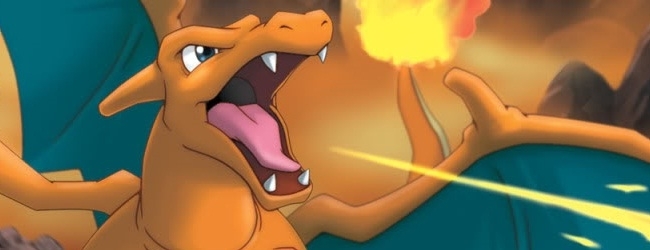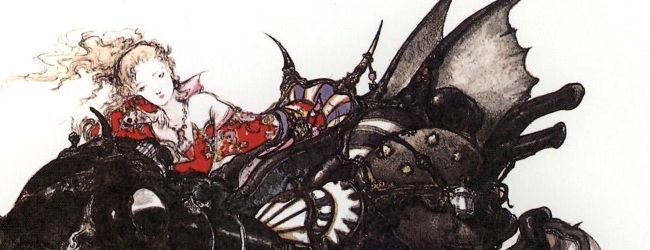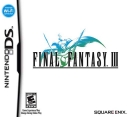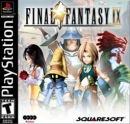Number 11
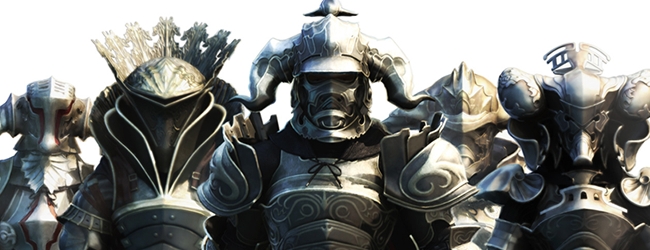
Final Fantasy XII
I don't want to hear it, not from a single one of you. You want to know what the best Final Fantasy game is? Look no further. This is it right here. I'm going to tell you why.
This game has everything, but the primary and most improtant thing it has is the direction and writing of one Yasumi Matsuno, the final member of my Big Four game writers. In setting FFXII in Ivalice's distant and more magical past, Matsuno set the stage for a tremendous opera full of betrayal, political machinations, and excellent, subtly-written characters with complex motivations, real development, and a sense of consequences to their actions. We got all of that in spades.
No FInal Fantasy world - not a single one - is as massive and fully realized as is the Ivalice of FFXII. It is a world filled with many cultures that interact and clash in unique ways, who hold different histories and different self-evident truths. Ivalice is a world with conflicting histories, where the truth of the past is dependent almost entirely on perspective and belief, where hints at "reality" have to be taken with a grain of salt regardless of who says them, even the gods purported to be the world's engineers. In short, it is a world that operates much as ours does, where victors write the history books on a celestial scale, where sovereignty is often a function of military prowess, and where the idea of the sacred does not transcend cultures. It is a fascinating world to explore, and I spent a very long time filling out the bestiary in order to see as much as I could of a single perspective on how the world was formed.
The plot is standard Matsuno faire, which is to say that it's a continent-spanning political storm of betrayal and war, where the fate of millions often hangs on the whims of families or individuals, on the grudges held over slights that may or may not be imagined. There is a real power lent to the proceedings by the cast of characters and the excellent script, but the plot itself, the events that form the bare skeleton of the story, is far and away the best in this series. It pulls no punches, makes no concessions for the slow or the short-attention-spanned, and spends a long time building its foundations into something that can hold up a palace of narrative.
The characters are on a level with Matsuno's work in the Ogre Battle saga, which is to say that they're better than the characters in every other Final Fantasy. Each of them has a role to fulfill - as the queen, the hero, the rogue, the expatriate, the dreamer, and the ground who reminds the rest of the party what it is they should be fighting for - and each of them fulfills it excellently, with no excess material to get in the way of their actions and their developments. Basch and Ashe alone easily qualify as the best-written Final Fantasy protagonists of all time, and the same nod could be given to Balthier. Each of them has their own motivations, some less immediately apparent than others, and these motivations are held to consistently and believably. The cast of villains is no worse - in fact they may well be better, a triumvirate of disparate intentions that combine to form the greatest adversarial force the series has ever known (yes, even better than Kefka). Every character, every one, comes into the story with something they want, and every single one of them either succeeds or fails in fashions both explosive and hauntingly quiet.
The script is... beyond my capacity for hyperbole. It is excellently written, extremely tight from a narrative perspective, with no wasted words but with a natural rhythm and flow to its language that sets it apart from the clunky, anime-esque scripting of its peers. From the iambic pentameter of the Occuria to the high-born speech of Vayne to the plaintive admonitions of Migelo, each character has their own distinctive voice, their own way of speaking, which makes sense against the background of their culture and their own personal pasts. Character is communicated in grammar, in word choice and in tone, and in many media this is something that is taken for granted but in FFXII it is almost revelatory. There is no single better script in gaming, not in terms of writing or in terms of acting.
Final Fantasy XII's story is one that is about familly, on every level. All of the game's betrayals, vengeances, and desperate last stands against oppressors are tied into the idea of family on different levels, be it one's brother or one's countrymen. There is no evil in this game; there is only a collection of families who see their own needs and act to fulfill them, even at the expense of other families. Thematically it is the tightest game in its series save for Final Fantasy IV, and even that is a point that I would be willing to argue.
The gameplay is down to choice; some people play without Gambtis. Some set them up to chew through a 50-million HP boss in less than an hour. All of these are excellent ways to play. You can do it however you want, and the game will not hold your hand through any of it, which is something I respect even as it blunts the efforts of the impatient.
The game is beautiful, of course, visually and aurally, but does talking about beauty communicate anything of importance? No. Beauty is something that has to be experienced in order to be appreciated, so I urge you to experience it for yourself; experience the beating drums of the battle with an Esper, the shining terror of the Royal Guard of House Solidor descending upon hapless fools, the scale and horror of war as it might be with the aid of magic. Look upon the rise and fall of gods, the death of brotherhood, the pulling down of empires. There is so much to be seen here, and it is so beautiful.






















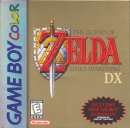















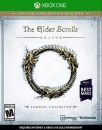
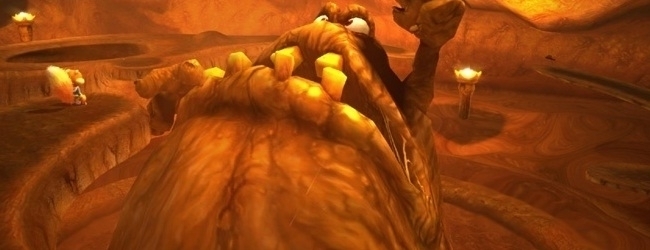




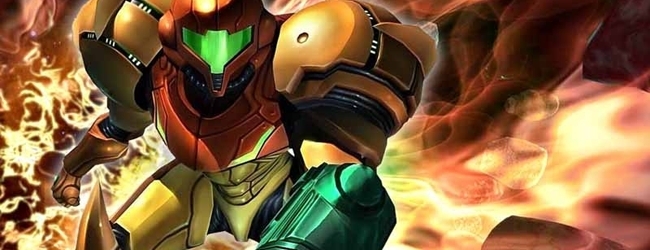 Metroid Prime was my first ever Metroid game, so it does hold a special place in my heart. But it's not that reason for why this game is number 9 on my all time greatest games list. Metroid Prime was a game that created a whole planet for us to explore. Retro Studios created a living, breathing world full of diverse lands and wildlife. Filled with crumbling ruins and state of the art technology, lava filled caverns and snow-topped peaks. And with me in control of Samus Aran (and looking through her eyes), I got explore this wonderful world around me. To say that this game holds some of the greatest art design I've ever seen in gaming... well with the other fantastic games I've played through the years, that's saying something. I fell in love with Tallon IV and everything about it.
Metroid Prime was my first ever Metroid game, so it does hold a special place in my heart. But it's not that reason for why this game is number 9 on my all time greatest games list. Metroid Prime was a game that created a whole planet for us to explore. Retro Studios created a living, breathing world full of diverse lands and wildlife. Filled with crumbling ruins and state of the art technology, lava filled caverns and snow-topped peaks. And with me in control of Samus Aran (and looking through her eyes), I got explore this wonderful world around me. To say that this game holds some of the greatest art design I've ever seen in gaming... well with the other fantastic games I've played through the years, that's saying something. I fell in love with Tallon IV and everything about it.





